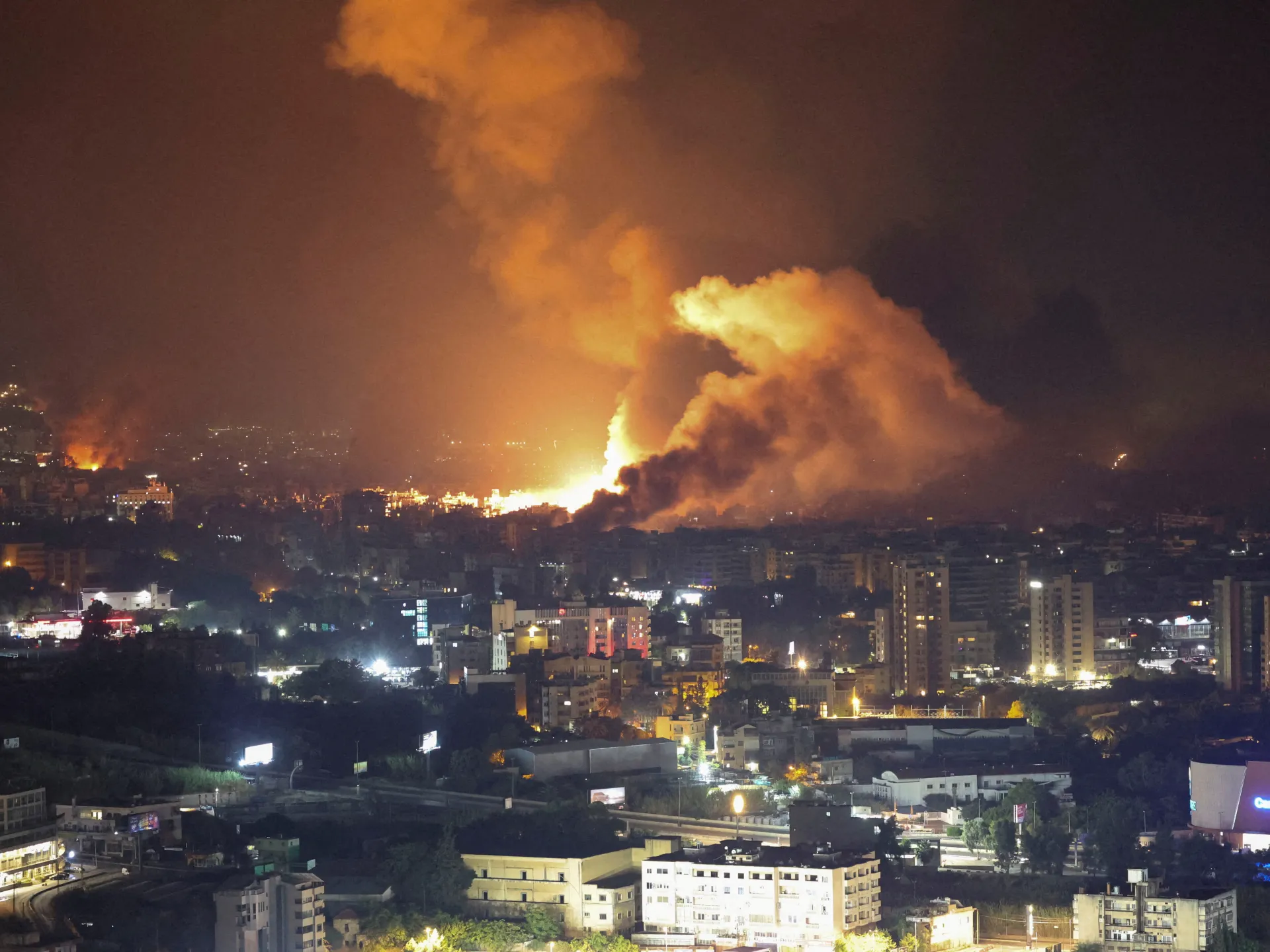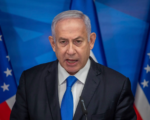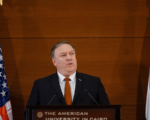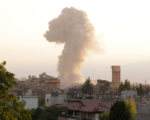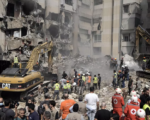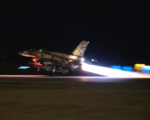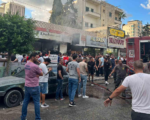A series of Israeli airstrikes rocked the southern suburbs of Beirut early Saturday, as Israel intensified its attacks on Hezbollah. The air raids reportedly targeted the Iran-backed group’s command center, with some reports indicating an attempt to strike its leader, Hassan Nasrallah.
Witnesses described hearing more than 20 airstrikes before dawn. Thousands of residents from the southern suburbs, following Israeli evacuation orders, fled to central Beirut and nearby seaside areas, seeking refuge in public spaces. “They want to destroy Dahiye, they want to destroy all of us,” said Sari, a local resident who had fled his home.
These strikes mark the most powerful attack on Beirut by Israel during the ongoing conflict with Hezbollah, which has seen daily missile and rocket fire. The escalation has heightened fears of the conflict spiraling into a broader regional war, potentially drawing in Iran and the United States.
While there has been no official confirmation regarding the fate of Nasrallah, a source close to Hezbollah told Reuters that he was unreachable after the strikes. Israel has not confirmed whether it specifically targeted Nasrallah, though a senior Israeli official mentioned that top Hezbollah commanders were the intended targets.
The Israeli military confirmed it had killed the commander of Hezbollah’s missile unit, Muhammad Ali Ismail, and his deputy, Hossein Ahmed Ismail, during the strikes.
Hours earlier, Israeli Prime Minister Benjamin Netanyahu addressed the United Nations, stating that Israel had every right to continue its military campaign against Hezbollah as long as the group chose war. “Israel has no choice, and Israel has every right to remove this threat,” he declared. Several U.N. delegations walked out during his speech, and Netanyahu later cut short his trip to return to Israel.
Lebanese health officials reported at least six people killed and 91 wounded in the initial attacks on Friday, marking the fourth major strike on Hezbollah-controlled areas in Beirut in just one week. Authorities fear that the death toll could rise further as the conflict escalates, with reports indicating that over 700 people have been killed across Lebanon in the past week.
Following the strikes, the Israeli military issued further warnings, advising residents in parts of Beirut’s southern suburbs to evacuate, claiming it was targeting missile launchers and weapons storage sites located in civilian areas. Hezbollah, however, denied the presence of any weapons in the buildings hit by Israeli airstrikes.
The conflict has displaced around 100,000 people in Lebanon this week alone, with over 200,000 uprooted since the fighting began. Hezbollah has retaliated with hundreds of rockets aimed at Israeli targets, including the northern city of Safed, where a civilian sustained minor injuries.
Fears continue to mount that the conflict could draw in Iran, Hezbollah’s primary backer, especially after Tehran condemned Friday’s strike and accused Israel of using U.S.-made “bunker-busting” bombs. In response, U.S. Defense Secretary Lloyd Austin confirmed that Washington was not informed of the strike beforehand. U.S. Secretary of State Antony Blinken emphasized the need for diplomacy, warning that continued escalation could lead to disastrous consequences.


